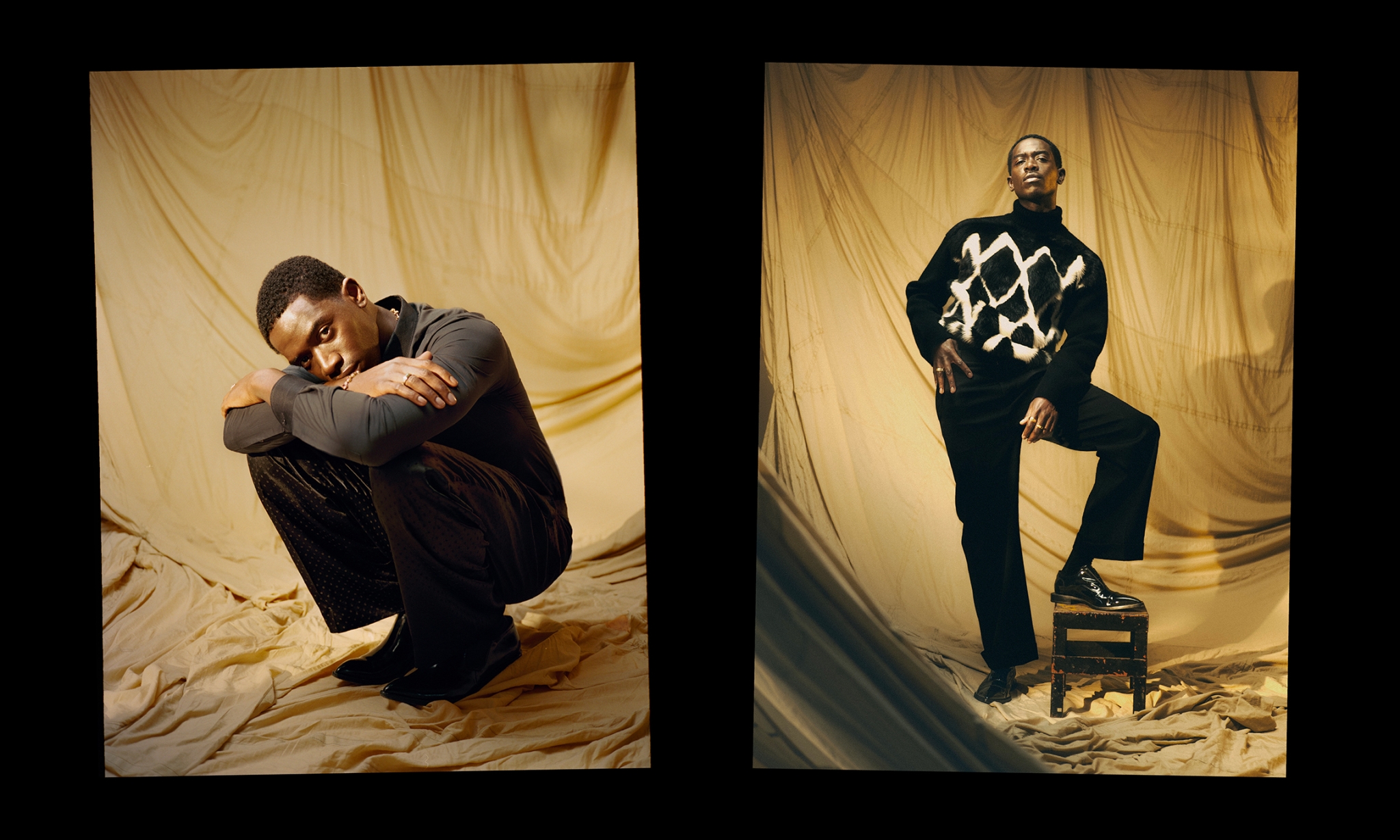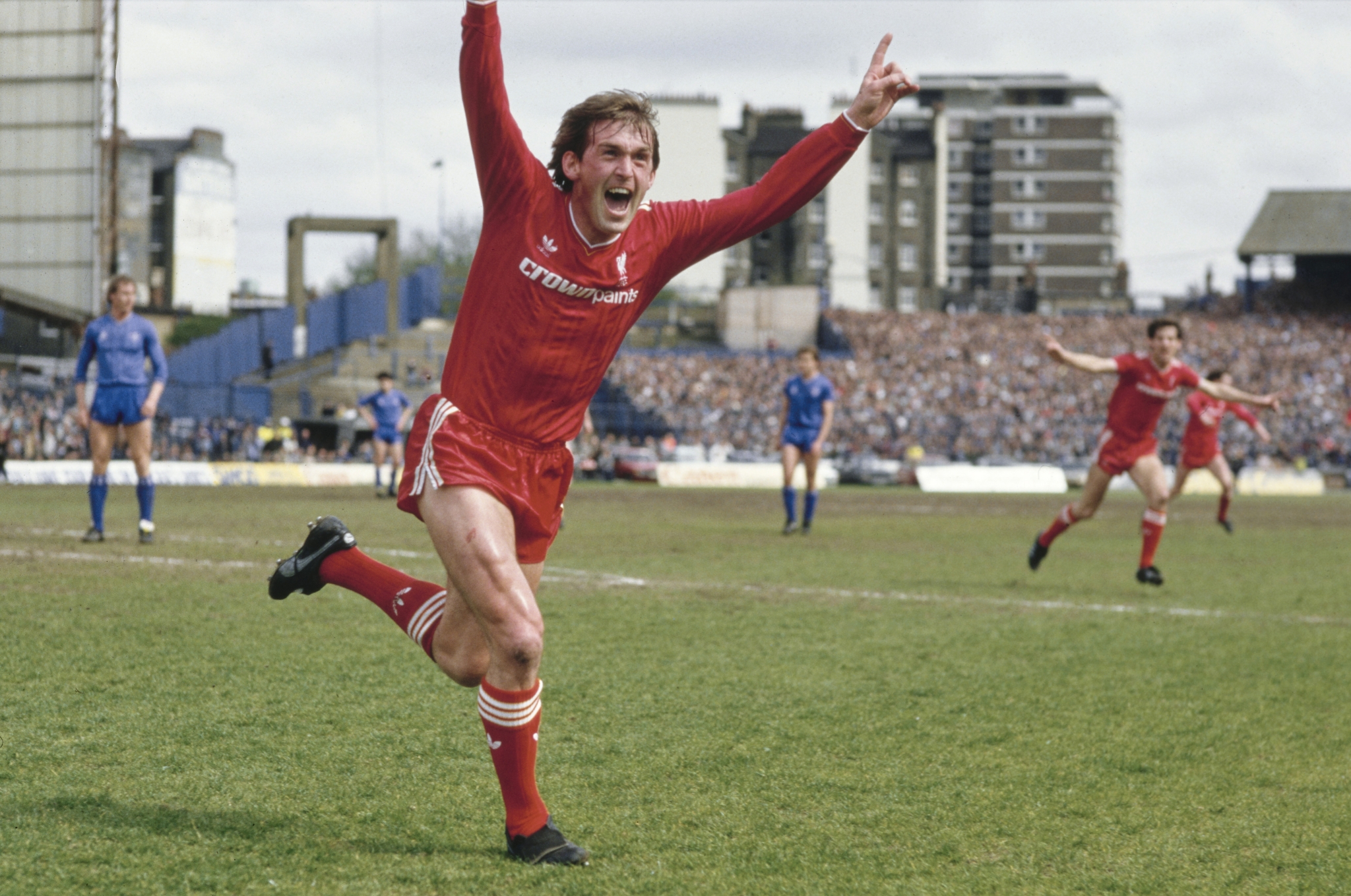

The Oscar-winning documentarian Asif Kapadia speaks to Sam Diss about his latest, and perhaps most personal subject to date—the footballer and former manager Kenny Dalgish, who became the face of Liverpool’s grief in the aftermath of the Hillsborough disaster.
Even three decades into an Oscar-winning career, Asif Kapadia still talks like someone who can’t quite believe he’s allowed to do this for a living.
“I was a kid from Hackney with free-school meals and a picture of Kenny Dalglish on my wall,” he tells me. “Now I’m in my fifties, sitting next to him doing press. It’s kinda mad.”
That note of disbelief isn’t affectation—it’s class memory. Kapadia grew up in the Hackney of the late seventies and eighties. Long before the area’s penchant for small plates and rental extortion, Thatcherism was less a political idea than a daily texture—bus strikes, unemployment lines, the fallout of “Care in the Community” that turned whole estates into holding pens for the forgotten. All would become subtle currents in Kapadia’s body of work that stands against any documentarian of his generation.
As important as his cinematic reference points (“If you want to learn how to make films,” he says, “just read Scorsese on Scorsese”) Kapadia remembers troubled men stalking streets with hammers and screwdrivers, lending the 73 bus route from his home in Stoke Newington to his school in Homerton an unmistakable air of danger. But even in the wake of that alarming commute, it profoundly shifted his sense of purpose in storytelling. It’s why, he says, he keeps circling back to themes of power and consequence in his work. Stories of people undone by systems.
In Kenny Dalglish, he finds a subject who embodies that quiet defiance. The film charts Dalglish’s journey from the streets of Glasgow to Anfield’s hallowed turf, from trainee at Celtic to Liverpool’s greatest ever player, tracing not only the legend of the player but the moral core of the man. Across the heart-breaking loss of life at Heysel and Hillsborough, and the lingering aftermath of both, Dalglish became something larger than football—a reluctant custodian of a city’s grief, the person who kept showing up when others didn’t, driven by a sense of duty and decency. Kapadia’s trademark archival method—no talking heads, no voice-of-God narration—creates immediacy and immersion in a deeply human story, taking familiar cultural fragments of matches and newsreels and letting hindsight recontextualise them with the weight of truth and tragedy.
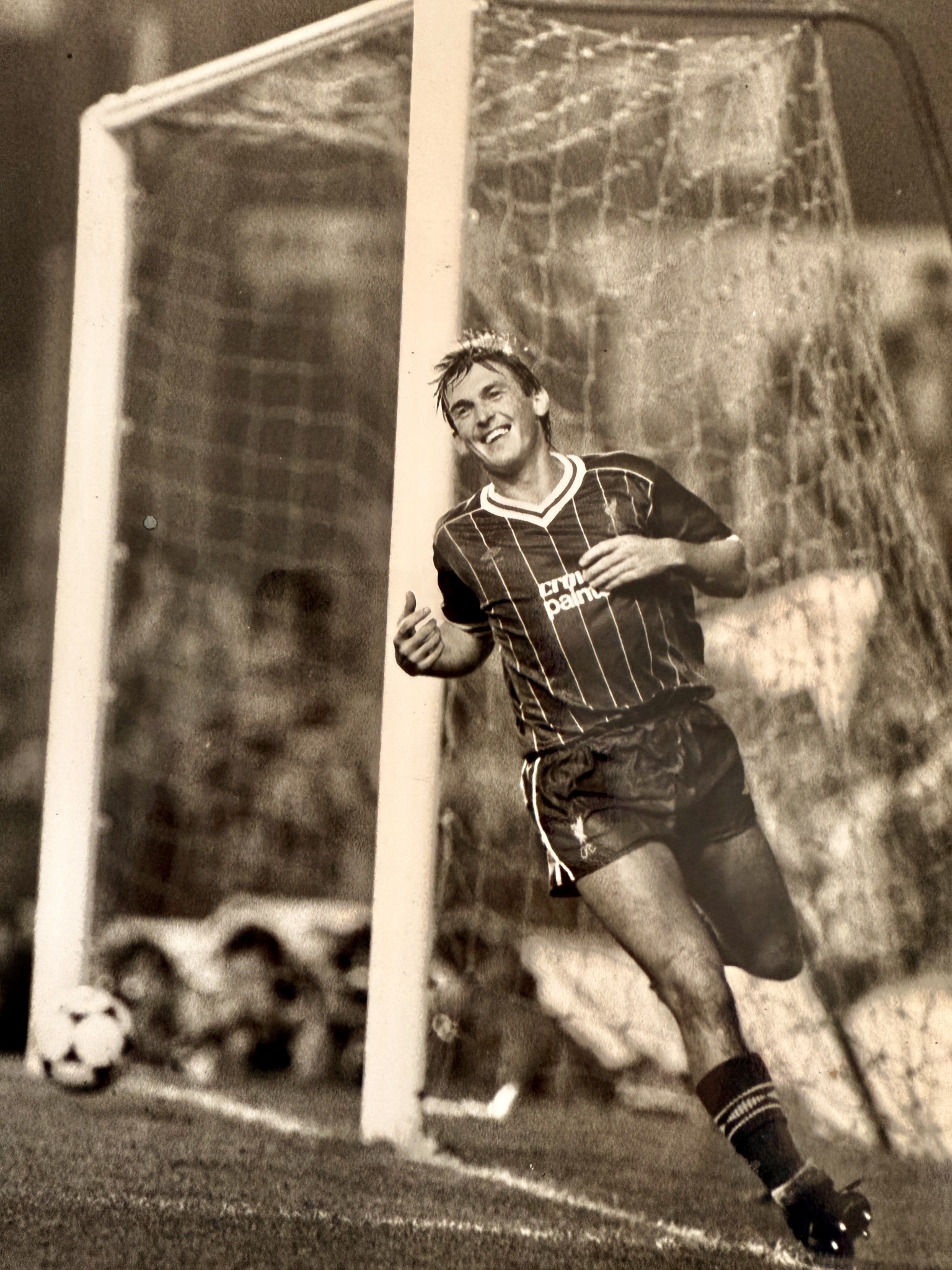
Kenny Dalgish playing for Liverpool FC in 1983. Credit: Steve Hale.
There’s a gentleness to the film—slower, more deliberate than Senna, Amy, or Maradona—that matches its subject, but the political undertow remains unmistakable. You can feel it in every frame of Thatcher-depleted Liverpool, in the coldness of red-eyed men in ill-fitting suits reading wooden statements, in the class contempt that shaped both the trauma and the coverage that followed Hillsborough. For Kapadia, those years weren’t abstract history; they were his own. He was a teenager watching from north London as the state turned its back on people who lived like he did.
Despite a glut of football documentaries, what makes Dalglish remarkable isn’t revelation but tone. Dignity isn’t often a word that feels very cinematic. Dalglish doesn’t speak like a saint or pose like a statesman; he just does what’s right. But in that steadiness, Kapadia juxtaposes a knack for intimacy that borders on voyeurism with the brutality of the era, and seems to find a mirror.
A Rabbit’s Foot spoke to Kapadia about his career as a documentarian, his “system” for telling stories about how ordinary people survive extraordinary times, and making his new film, a film by a man who finally met his hero and discovered that goodness, occasionally, holds true.
Sam Diss: Your films always make me cry. My girlfriend found me with my head in my hands after watching this one. Is that by design?
Asif Kapadia: When I make something, I want people to feel it. That’s always part of the characters I choose, the stories that I choose. I don’t want people to forget they’ve watched the film. That you’ve been somewhere, felt something.
SD: It feels like you’re always drawn to these characters who are both celebrated and a bit haunted. How does Dalglish fit into that lineage for you?
AK: I don’t think about any of that when I start a film, but all of my characters are people who I think are special and fighting something. Senna’s fighting corruption in his sport. Amy’s fighting against family pressure, the media, the paparazzi. Diego’s fighting everyone—including himself. And Kenny’s a footballer from a very working-class background who did amazing things as a player but then stood up for people. He left school at fifteen. He’s not a natural public speaker. But he still stood up for his people—against the Prime Minister, the government, the police, the lawyers, the media—because he knew who was telling the truth and who was lying. You can’t help but be like, Wow, what a guy.
SD: There’s the cliché—never meet your heroes—but you did, and it turns out your hero’s a good bloke. That’s basically the dream as a fan. But as a filmmaker, does that make it harder?
AK: Sometimes it’s nice to make films about good people—ordinary people who do extraordinary things. That’s Kenny. And he’s funny, too. He’s always making jokes like, “You sure you want to make a film about me? Everyone else you’ve made films about is dead.”
SD: You’ve got such a distinctive way of telling nonfiction stories. Once you’ve secured funding—what does day one actually look like?
AK: I think I finally have a system. But the way my brain still works is that everything happens at the same time. I started in drama, and drama’s very structured: you write, you cast, you raise money, you shoot, you edit. With docs, everything overlaps.
Here’s how I do it: You start with the story or the character and research everything—what exists, what hasn’t been seen. Then I start interviews. If the central character’s alive, I’ll usually do three: once at the beginning, another after six months of editing, and one at the end when we understand the film and need to tackle the harder stuff. Meanwhile, the edit’s running the whole time.
It’s detective work, journalism, art—and business. You’re always thinking, How do we pay for this? Are we running out of money? That’s filmmaking.
And then there’s the politics of it, too. Growing up in Hackney in the ’70s and ’80s, under Thatcher, that shaped everything. There’s a reason I stuck with Liverpool—it becomes a story about class and politics. Thatcher hated Liverpool; she hated where I was from, too. She hated who we were: brown people, poor people. Hackney was really rough, then. It’s in all of my films—how politics and sport meet, how class and power shape people.
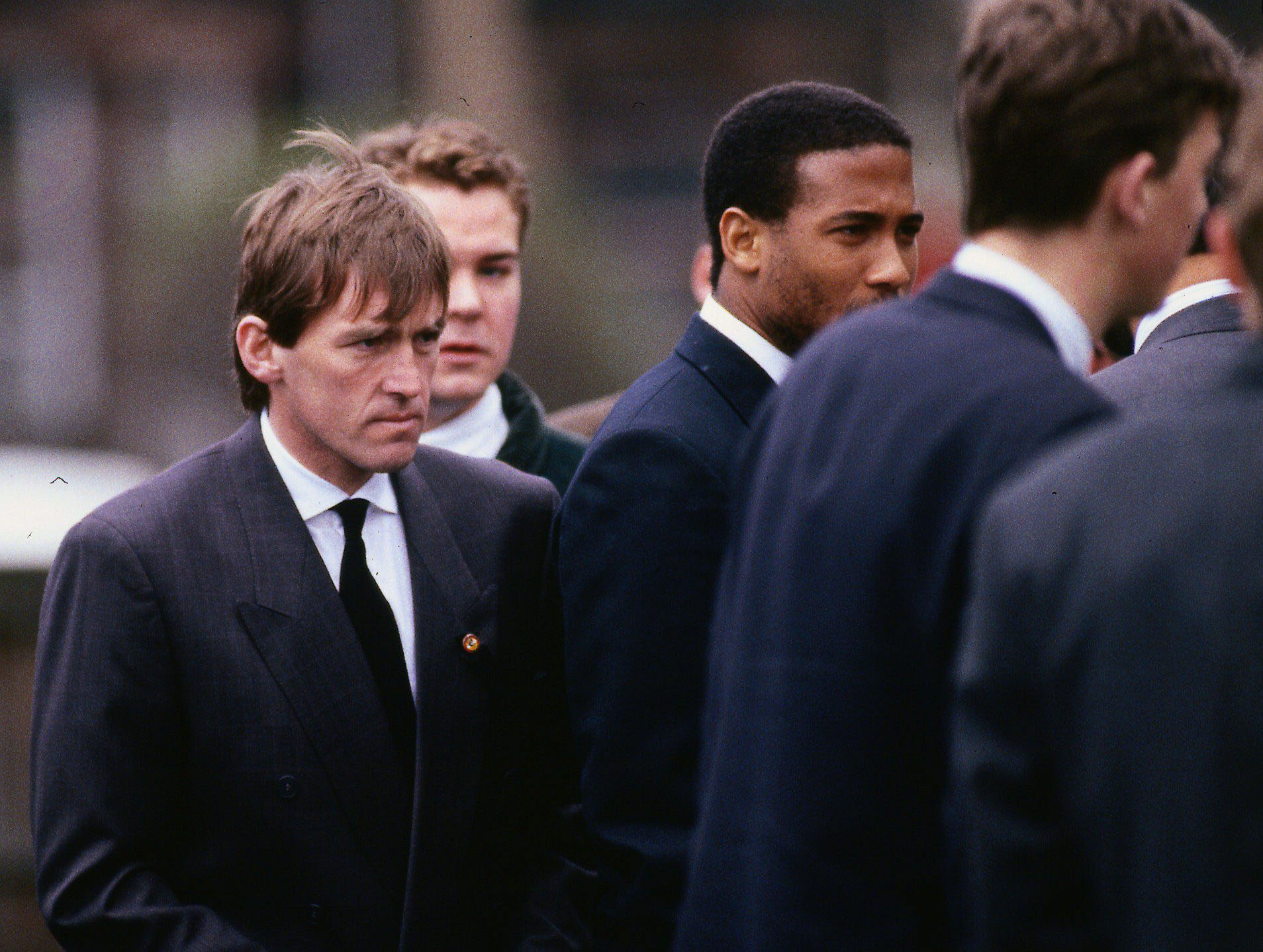
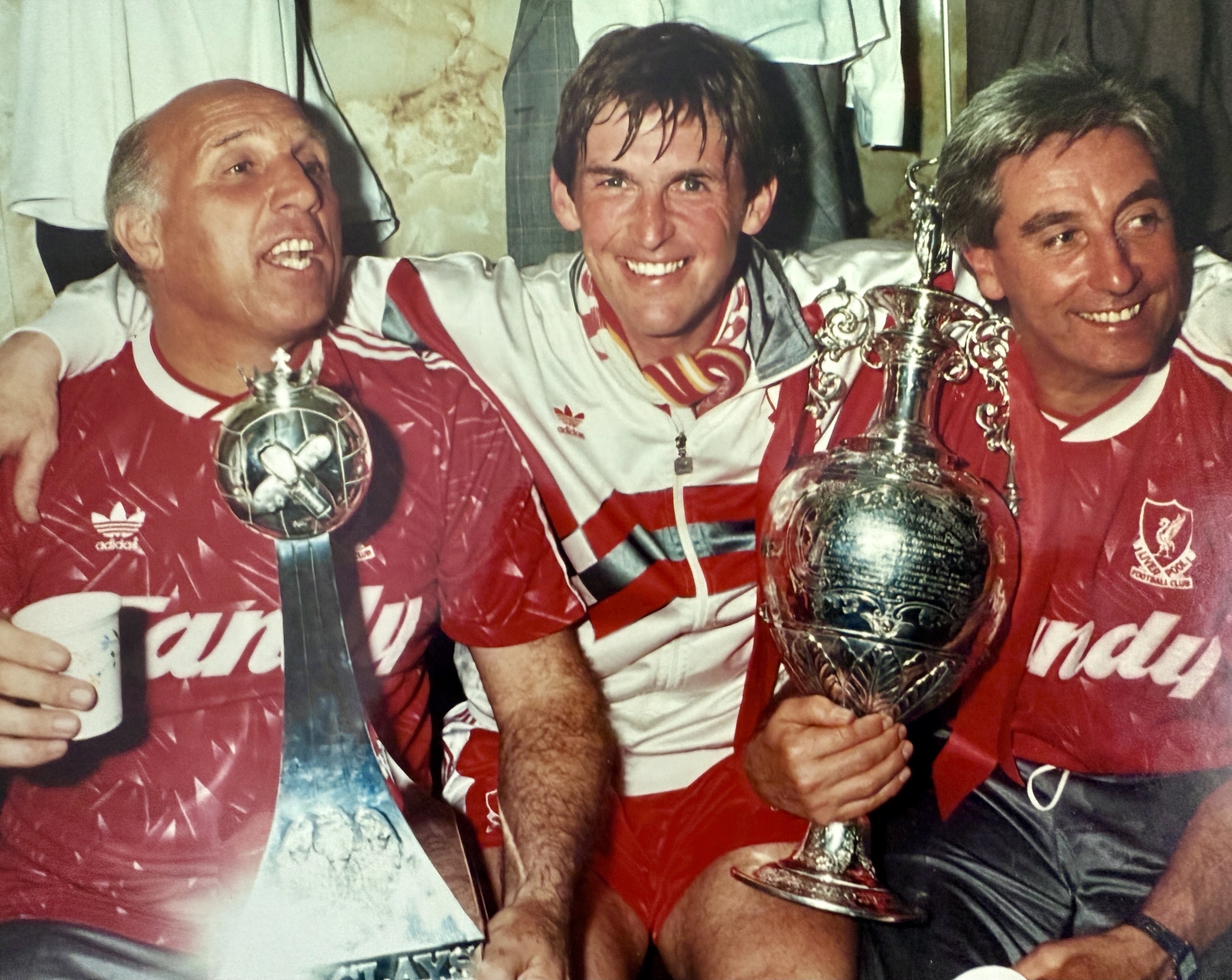
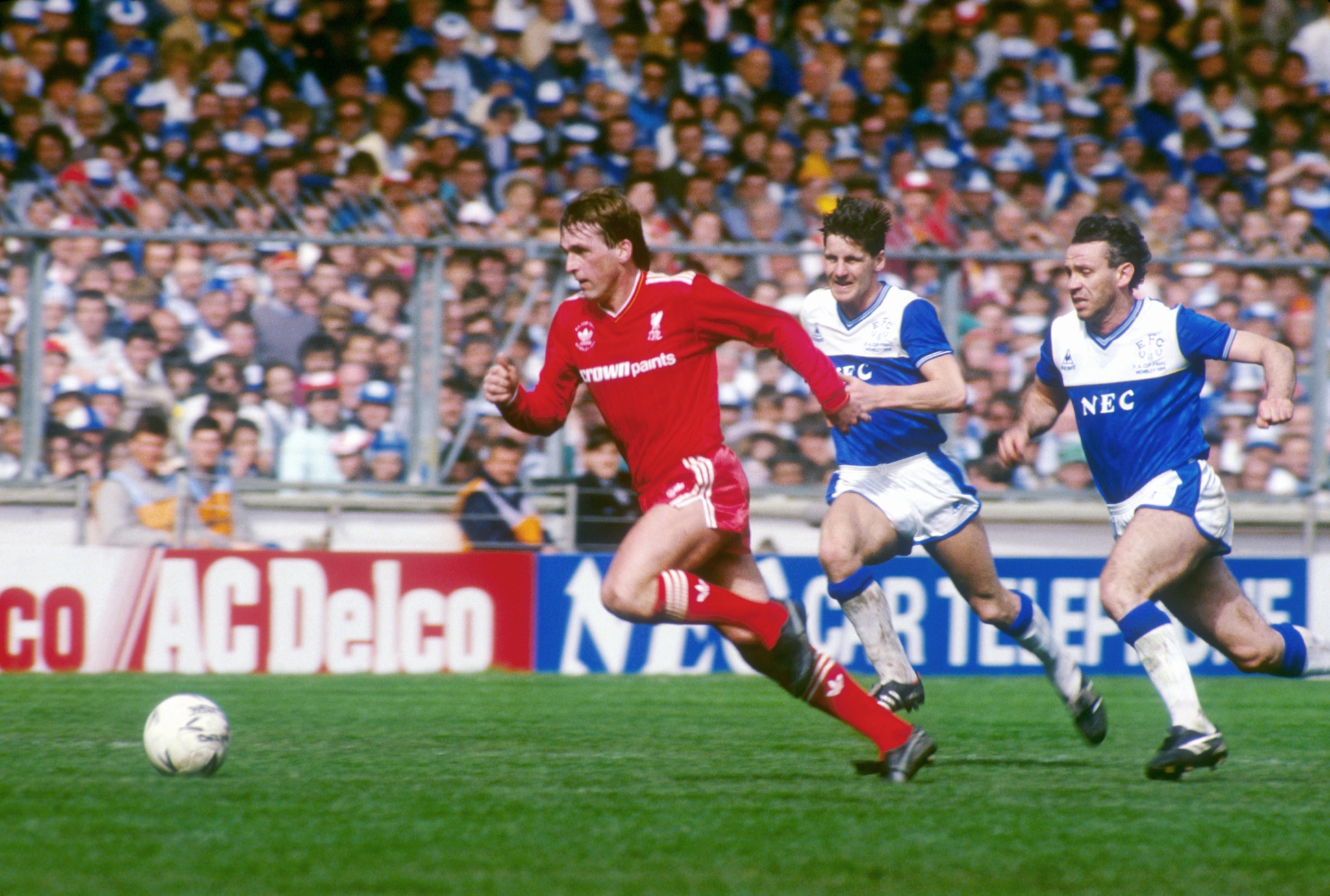
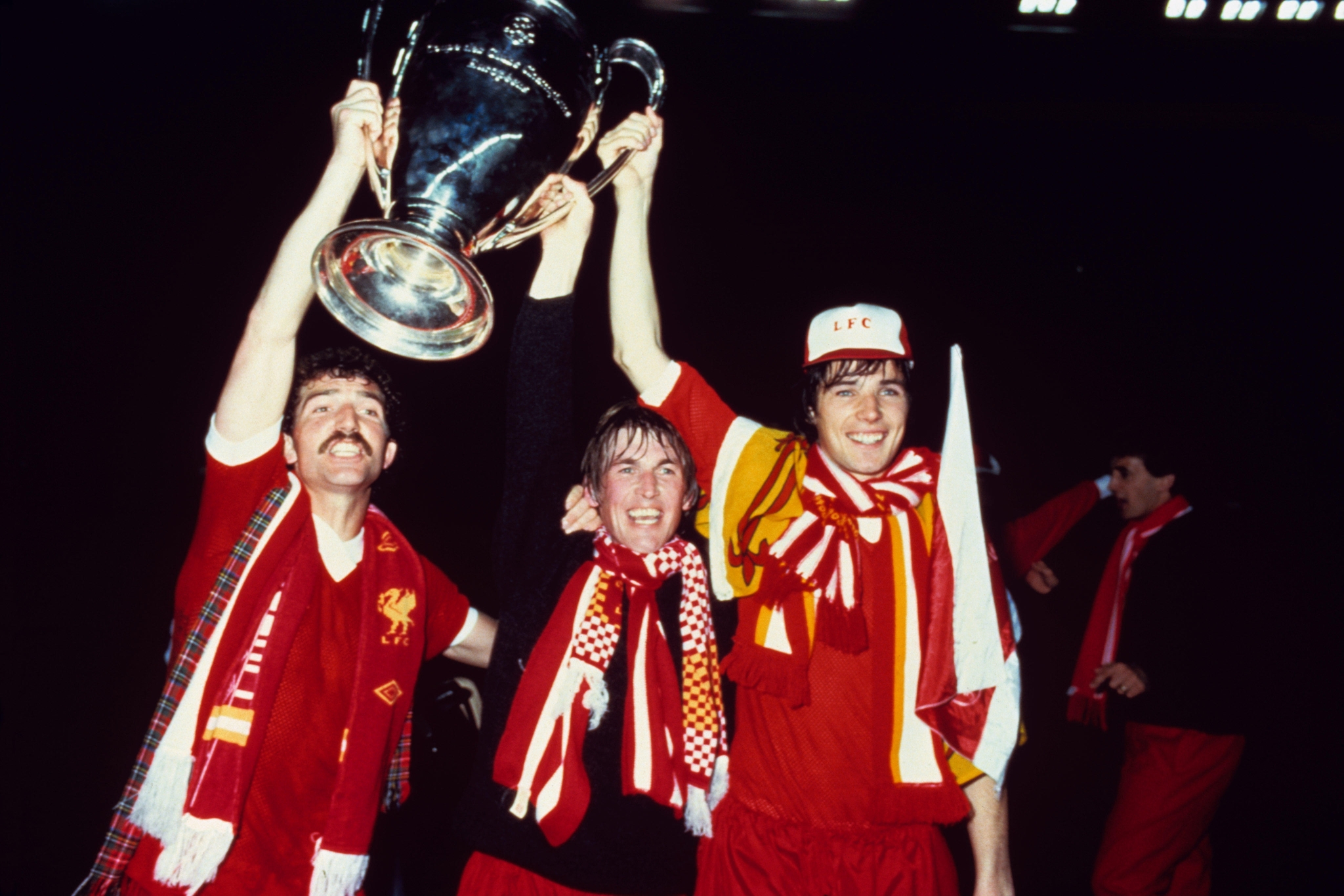
SD: Your style of documentary—intimate interview voiceovers with no talking heads, all archive—was pretty singular to me when I first saw it.
AK: [laughs] Now everyone’s fucking doing it.
SD: But it’s your life experience and perspective that still makes your films unique.
AK: Well, there’s no such thing as objectivity, right? There just isn’t. That’s the way people misunderstand documentaries: they think they’re real when they’re not. It’s a myth. Everything’s constructed—who speaks, who doesn’t, who edits, who funds it, what school the filmmaker went to—it all adds up. Class and education shape it all.
I try to stay out of my films physically—you don’t hear or see me—but everything you see is still my choice. Every sound effect, every cut, every track of music. It’s all subjective.
SD: Your films always feel to me like they’re about myth-making, and the person at the centre who has to live with the weight of that myth.
AK: Yeah, and my job is to make famous people human again. To make you feel like you’re in the room with them. Amy was an ordinary North London girl whose life changed because of her talent. How do you survive that? Maradona was the same. Kenny too—he says, “I could’ve been a builder, but I was good at football.”
I’m not interested in stats—how many titles or Ballons d’Or. It’s about character and drama. Even when they’re good people, they come up against something bigger than them. Kenny’s confrontation with Hillsborough, the miscarriage of justice—that’s drama.
And for me, Hillsborough was a loss of innocence. You go to the match, you support your team, you win or you lose. Suddenly, people die—and every institution conspires to blame you? Your world’s never the same. That moment shaped how I see everything—Grenfell, Gaza, whatever’s happening now. It’s ordinary people betrayed by power.
SD: How do you tell a story like Hillsborough—raw and painful and emotional as it still is, but a story that’s been told before—without turning it into cliché?
AK: You do it through him. Through Kenny. He was brought up a certain way by his parents and in Glasgow, you just help people. It’s really not that fucking complicated. So when the FA says, “We must carry on with the Cup. These fans gave their lives for football,” Kenny gets angry. And he never gets angry. He told them, “No. Football’s not important. People are important.”
That’s leadership. And we’re lacking good leaders today. So the way in is to focus on him—the ordinary guy who stayed when everyone else would’ve left. He stayed after Heysel, after Hillsborough. And now we can talk about what that did to his mental health, which no one did back then.
SD: At the end, you can see it in his eyes. The weight of it all.
AK: The film’s about showing him love while he’s still around. Because all those players and fans from that era are still dealing with the trauma. At screenings people come up and say, “I had a ticket for Hillsborough; I gave it to a friend who never came back.” That stuff still lives in people.
In the end it’s a story about a good man and a good family who stood up for their community. That’s the only story any of us should be trying to tell right now.
“At screenings people come up and say, ‘I had a ticket for Hillsborough; I gave it to a friend who never came back.’ That stuff still lives in people.”
Asif Kapadia
SD: Are your kind of stories harder to get made?
AK: Totally. Everyone says, “Who cares? It’s small, it’s British, it’s football.” I had that with Senna. People said, “No one cares about Formula One.” Same with Amy—people mocked her. Nobody liked her when I made that film. Maradona wasn’t universally loved here either.
The fight is proving people wrong. You have no proof when you start—you just trust your gut. And it’s about time we celebrated the good people in our culture. Kenny’s one of them. And hopefully, it’s emotional…
SD: Don’t take this the wrong way, but your use of music always feels so… emotionally manipulative—it hits me right on the fucking nose every time.
AK: That’s Antônio Pinto, the Brazilian composer who does most of my films. For me, it’s just music and image—that’s pure cinema. Hitchcock, Scorsese—that’s how you use music. It’s not subtle, but it works.
I’ve always fought for docs to be treated as cinema, not second-class journalism. I think of these people as movie stars. And the way you make something look good is to make it sound good. I don’t know if that’s manipulation…
SD: But isn’t all storytelling manipulation?
AK: That’s true. Filmmaking gives you all these tools—music, pacing, silence—and it’s about using them right. It might look effortless at the end, but it’s hard work getting the tone right.
SD: You’ve done a few of these documentaries now. They’ve all been well received—at least by me—
AK: [laughs] You’re the only one that matters.
SD: You can put that on the poster—but I want to know, when you’re making these films, do you still have a long night of the soul? Are you sitting in the edit bay like, Does anyone actually care?
AK: All the time. You trust your instinct, but you only really know by showing it to people. I remember a long cut of Maradona that everyone hated. It didn’t work. They compared it to Amy or Senna, and I had to say, “It’s not Senna because he is not Senna.” But I felt the energy of the room and knew I had to tell this story a different way. So I re-cut it—threw away 45 minutes, the whole beginning of the movie, and started when he arrives in Naples. Now it worked. You need a failed cut to find the right one.
But Dalglish was different—it’s about a quiet, humble man. Young people who’d never seen him play were like, “Wow, he was good.” And people who know me finally understand why I don’t like Thatcher. She’s the thread through everything—she’s in Maradona with the Falklands, in Amy with the press, in Dalglish with Hillsborough. All my films, in some way, are about the children of Thatcher and Reagan.
SD: So, is there a Thatcher documentary in your future?
AK: That or all my films already are about her. She’s the root of so much of where we are now—everything sold off, nothing works, a few people made money and everyone else gets blamed. It all leads back to her.
SD: Totally. And the fact that there are so few working-class voices in film now—it warps culture.
AK: Exactly. Who gets to tell that story? That’s why I gravitate to people like Kenny. Where he came from shaped him, same as me. We just met in the middle somehow—same values, different worlds.
Dalgish is available to watch on Prime Video in the UK and Ireland





